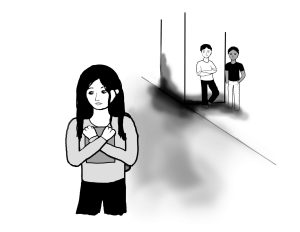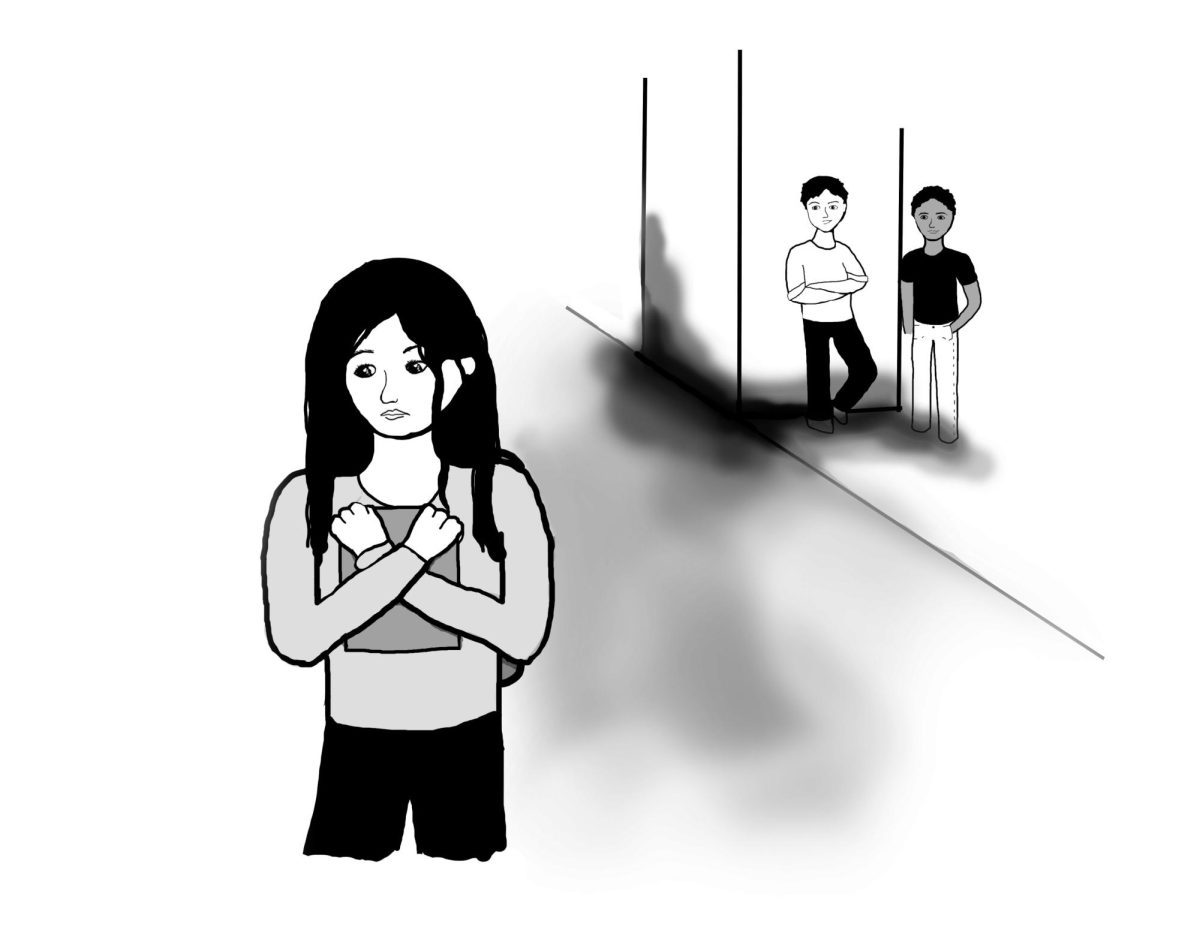This article is part of the Featured section and originally ran with illustrations and a lot of graphic-intensive layout. You can see how the article originally looked in print here.
The face of feminism has changed dramatically since its conception. The age of second-wave feminism, an age of bra burning, “The Feminine Mystique,” and most importantly the exclusion of men, has transformed into a complex and inclusive movement. The most dramatic inclusion of that movement? Men.
While men have taken part in each “wave” of the movement, criticism towards these men have followed. Men involved were viewed, particularly in the second-wave movement by both feminists and non- feminists alike, as either attempting to “get into the pants” of women participants or join outof sexual self-hatred. Even today, men who consider themselves feminists !nd themselves criticized, though mostly by people outside of the movement.
Texas Technical University “The Daily Toreador” columnist and self- proclaimed feminist James Hershberger addresses these issues in his article “Fight for her rights: Male feminism is no oxymoron.” Questions such as “did you join just to meet women?” and jabs hinting at his “emasculation” frequently bombard him. However, he maintains that his interest in women’s issues stem from a !rm belief and admiration of feminist causes.
“The long, impressive history of the feminist has earned respect,” writes Hershberger. “Because of the brave female and male feminists, the antiquated notion of submissive roles has been disposed of.”
Students across the Whitman campus responded that male feminism is a positive development and, in fact, one that is necessary to achieving gender equality.
“I certainly hope men can be feminists,” said senior gender studies major and male feminist Gus O’Malley in an e-mail response. “My understanding of feminism is that it promotes equality between genders… If men aren’t allowed to be feminists [then] I think that really misses the point. Men should be encouraged to be feminists if any change is going to happen towards gender equality.”
“Of course men can be feminists,” said junior Stephanie Silver, who is currently on a leave of absence from Whitman and responded via e-mail. “Feminism is for those who believe in gender equality, not the dominance or superiority of females and female traits. Men can support the cause for gender equality out of a belief that justice bene!ts all; we all know that causes that don’t seem to directly bene!t ourselves are often still worthy to support.”
Men and women gave an overwhelming verbal nod at male feminists and the hope that men would, as senior Anastasia Zamkinos said in her e-mail, “wear the title ‘feminist’ with pride.”
The title of “male feminist” does not try to reinforce the patriarchal notion that “the little women must be helped.” Rather, male feminists attempt to sympathize with women, seeing them as human equals rather than damsels in distress. It is not a movement for emasculated, self-hating men. Male feminists seek to educate other men about the feminist movement and advocate the feminist principles of freedom, love, unity, cooperation, harmony, equality, and compassion.
While it still holds on to its traditional notions of equality for women, the addition of the Y chromosome helps push feminism to a more inclusive and stronger movement than ever. This is positive progress.











